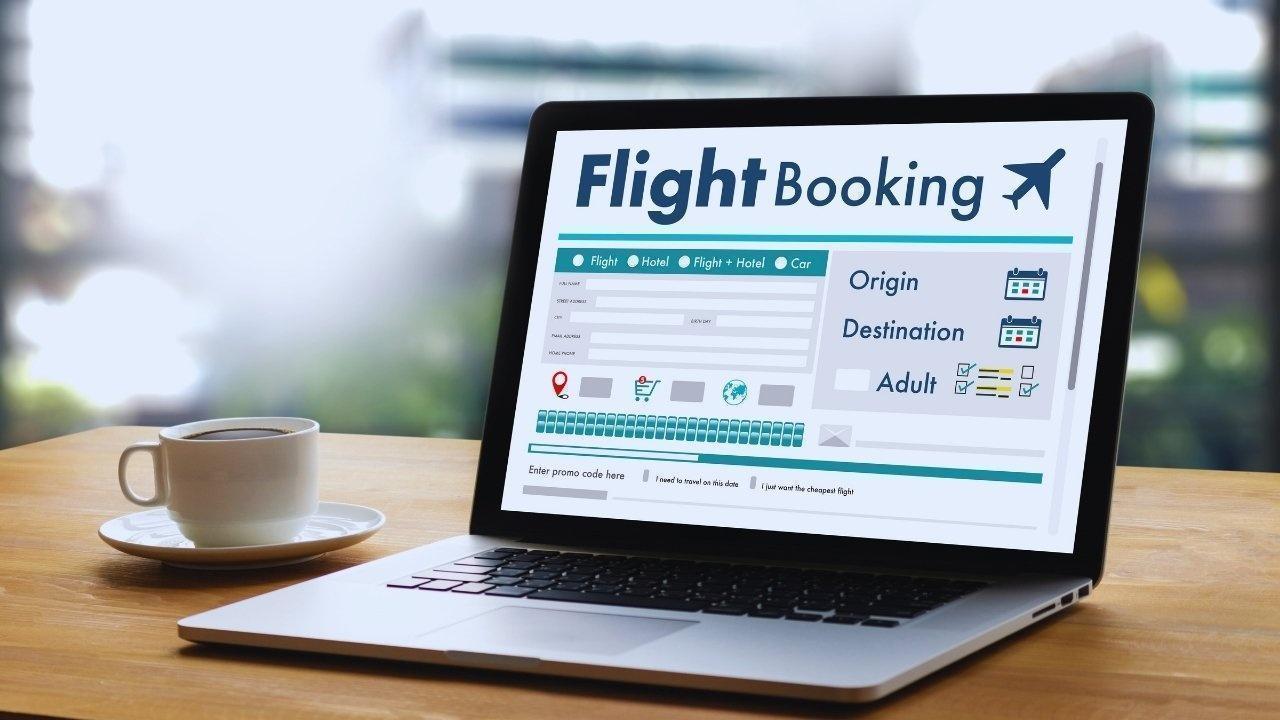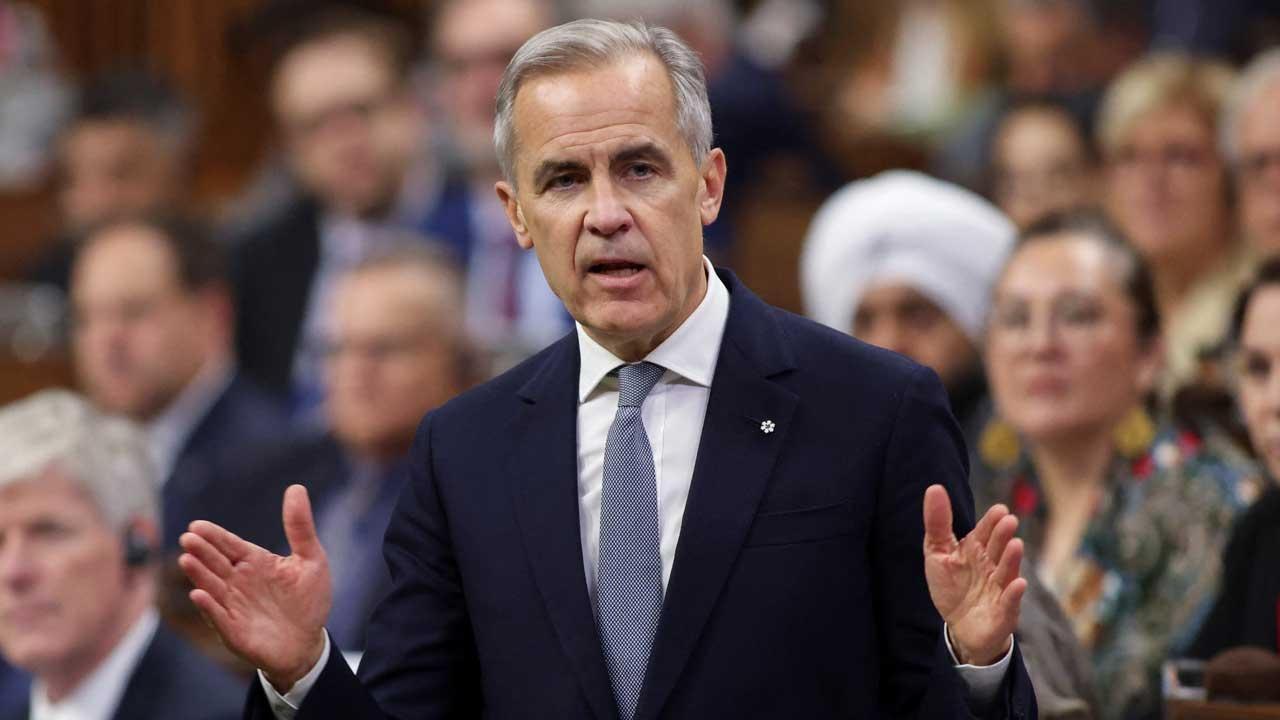
Join 10k+ people to get notified about new posts, news and tips.
Do not worry we don't spam!

Post by : Anis Farhan
Travel in 2025 looks different. Shifting weather, uneven airline staffing, volatile fuel costs and geopolitical tensions now shape trip planning. The automatic rule of “book early for the best price” no longer applies in every case. Increasingly, travellers are adopting last‑minute approaches to find more flexible and cost‑effective options.
With carriers and hoteliers updating prices in near real time, buying at the right moment has become a strategic task. Whether you manage international business routes or plan short, spontaneous getaways, knowing when to act can decide whether a trip is smooth or stressful.
Interruptions to service are no longer rare. Irregular weather, crowded airports and lingering staffing gaps have made delays and cancellations a frequent reality; recent industry reports show a notable share of global flights were affected in the past quarter.
That said, disruption has also driven service and product innovation. Airlines have improved rebooking processes and transparency, and travellers have become more nimble. The core question is timing: when to commit and when to wait.
The old notion that last‑minute equals expensive is outdated. Modern dynamic pricing responds to numerous signals — inventory, demand patterns and predictive models — not only days before departure.
While high‑demand periods still favour early reservations, many off‑peak routes and underfilled flights see fares reduced as departure approaches. Hotels and short‑term rentals likewise prefer discounted occupancy to empty rooms, creating opportunities for last‑minute savings.
Travelers who monitor market moves and set price alerts can spot steep cuts — sometimes as much as 30–40% compared with advance fares.
Pricing is increasingly reactive. AI systems ingest wide‑ranging data—global booking behaviour, local events, even weather forecasts—and adjust fares frequently.
Key timing patterns to consider:
Six to eight weeks out: Often best for high‑traffic periods such as holidays or conferences.
Ten to three days before departure: A reliable window for lower demand routes and unsold premium seats.
Under 48 hours: High risk but occasionally delivers sharp discounts as carriers try to fill remaining seats.
Matching purchase timing to route, season and weekday patterns can improve your chances of finding value.
Flexible travellers fare better in an environment of constant change. Avoiding rigid, months‑ahead bookings opens up more route and date options.
Tools such as flexible date searches, multi‑city itineraries and open‑jaw tickets let travellers pivot quickly. Many platforms and airlines reward flexibility with lower fares, travel credits or free date changes — shifting the mindset from “lock it in” to “move selectively.”
Technology now underpins smart booking. Real‑time trackers, predictive analytics and instant alerts let travellers act on market movements.
Useful resources include:
Price‑forecast apps: Forecast likely fare trends up to several months ahead using machine learning.
Meta‑search engines: Compare offers across many sites to identify genuine value.
Flash‑deal notifications: Immediate alerts when a route falls below typical price ranges.
Loyalty apps: Early access to sales, disruption support and occasional hidden discounts.
Applied correctly, these tools let travellers respond to opportunities rather than guess at them.
Following the initial surge of rebound travel, 2025 has seen a more measured second wave. Travellers are combining spontaneity with contingency planning—opting for shorter, more frequent trips that can be altered as conditions evolve.
That shift has increased last‑minute inventory as airlines and hotels introduce rolling discounts and same‑week offers to capture mobile demand.
Because market conditions change rapidly, timely action matters. A “monitor and strike” approach—track prices and act when value appears—works well, especially when platforms offer flexible cancellation or “book now, pay later” options that reduce commitment.
Lodging providers, like carriers, often prefer discounted occupancy to empty rooms. Effective tactics this year include:
Same‑day bookings after late afternoon: Hotels commonly release unsold rooms at reduced rates.
Mobile‑only deals: App users frequently receive 10–25% discounts.
Loyalty memberships: Members access priority rebooking and exclusive rates.
Hybrid stays: Combine a night in a premium property with budget options to balance comfort and cost.
Adopting a hybrid or “patchwork” approach can preserve comfort while managing expenses.
In a climate of frequent cancellations and evolving border rules, comprehensive travel insurance is essential. Modern policies cover more than health emergencies, including delays, missed connections and some disruption‑related losses.
Look for policies that include:
Cancel‑for‑any‑reason options
Automatic rebooking assistance
Missed‑connection cover
Disruption compensation
The right coverage protects both budget and schedule, and reduces stress when plans shift.
Loyalty schemes have evolved from simple reward systems into resilience mechanisms. Points and tiers now often translate into faster support, rebooking priority and upgrade opportunities during disruptions.
For frequent travellers, these benefits can make a meaningful difference in recovery and convenience when problems occur.
Environmental concerns influence booking decisions. Climate impacts and carbon‑related policies have nudged travellers toward greener choices, from sustainable fuel operators to certified hotels.
Interestingly, many low‑carbon options, such as early‑morning or midweek services, also align with smoother operations and lower emissions.
Last‑minute travel carries uncertainty. If your trip is date‑sensitive, early booking with flexible terms remains prudent. For leisure trips, openness to alternative dates or destinations often unlocks better value.
Assess your tolerance for unpredictability and plan so that the balance between savings and assurance fits your needs.
Market watchers observe that major disruptions sometimes cause short‑term price swings before markets rebalance—a window that alert travellers can exploit. Business travellers, for instance, are increasingly combining last‑minute short flights with advance‑booked accommodation to manage both certainty and cost.
Smart last‑minute travel in 2025 depends on data, flexibility and fast decision‑making rather than luck. By using modern tools, flexible ticketing and sensible insurance, travellers can reduce exposure and find genuine savings even as disruption continues.
Adaptability is now a core travel skill: informed, responsive planning wins more often than rigid early reservations in a world that changes quickly.
This piece is for informational purposes only. Prices, policies and disruption levels vary by region and provider. Confirm details with airlines, accommodation providers or official sources before making commitments.










India Wins First Women’s World Cup 2025 Title
India lifts its maiden Women’s World Cup 2025 title! Harmanpreet Kaur’s team stuns South Africa in a

Manuel Frederick, 1972 Olympic Bronze Goalkeeper, Dies at 78
Manuel Frederick, a member of India’s 1972 Olympic bronze hockey team, has died in Bengaluru at 78 a

Muhammad Hamza Raja Wins IFBB Pro Card Puts Pakistan & UAE on Global Stage
Pakistani bodybuilder Muhammad Hamza Raja earns IFBB Pro Card in Czech Republic, showcasing Dubai’s

Shreyas Iyer’s Recovery Underway After Spleen Laceration in Sydney ODI
Shreyas Iyer is recovering after a spleen laceration sustained while taking a catch in the Sydney OD

Qatar Ready to Host FIFA U-17 World Cup 2025 in Aspire
Qatar confirms full readiness to host the FIFA U-17 World Cup 2025 from November 3–27, with world-cl

Wolvaardt’s 169 Sends South Africa Into Women’s World Cup Final
Laura Wolvaardt’s 169 powered South Africa to a 125-run semi-final win over England, booking a place